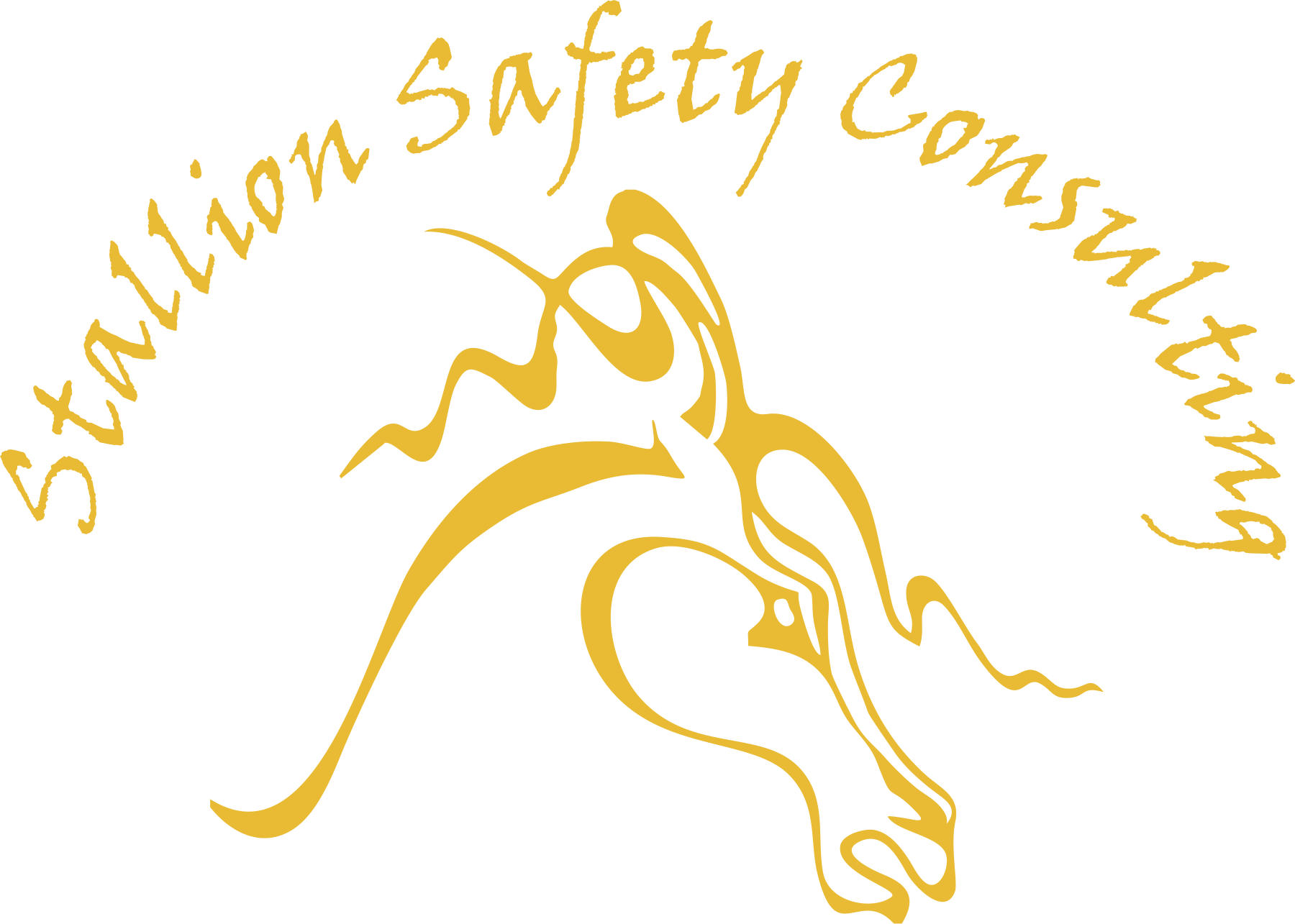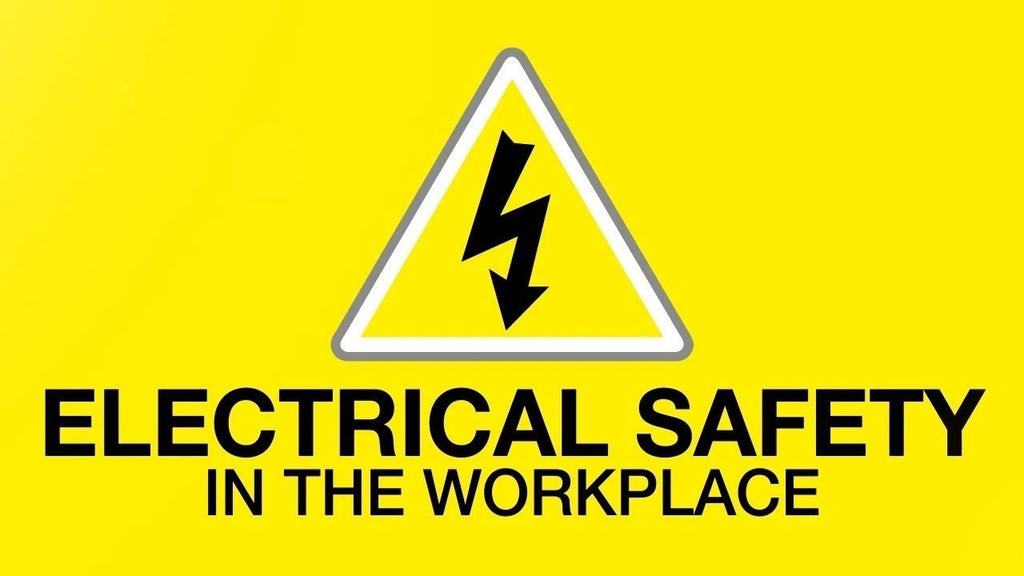|
Look around you. here are photocopiers, fax machines, computers, printers, light switches, outlets, extension cords, water coolers and coffee pots. It is hard to think of any job which does not require the use of electricity. When it comes right down to it, we must avoid electrical hazards in almost any work setting.
Electrical shock occurs when electricity takes a short-cut through your body. It can cause severe burns. It can stop your breathing. It can affect your brain, nerves, heart, and other organs. And it can be fatal.
Here are some ways to avoid electrical shock:
- · Keep electrical cords away from traffic areas and heat or water sources which could damage the insulation and create a shock hazard. Do not use an extension cord as a replacement for permanent wiring. Never use cords that are cracked, damaged, broken or have the third prong of the plug removed.
- · Never try to do repairs to any electrical equipment unless you are trained and authorized. Instead, report any defects to your supervisor.
- · Always observe all warning signs about electricity. They are there for a good reason.
- · Do not pull on the cord when disconnecting an appliance from an electrical source. Always pull on the plug instead.
- · When cleaning equipment or an appliance, always disconnect it from the source of power.
- · Do not touch electrical equipment if you have wet hands, you are near a source of moisture or you are standing on a damp floor.
- · At work or at home, make sure you are protected by a Ground Fault Circuit Interrupter (GFCI) for outlets which are outdoors or near moisture.
- · Do not use an "octopus" connection for several extension cords because the increased demand on the electrical outlet can be a fire and shock hazard. Usually, the fire will start inside the wall and become extremely hot and dangerous long before you know there is a problem.
- · Use multi-plug outlet strips for connecting computers, printers, and monitors. Make sure the rated capacity for the strip is not exceeded. They normally have a built-in overload circuit breaker.
- · If you do have an electrical fire, call the fire department, and sound the fire alarm. If possible, turn off the main source of power and attempt to put the fire out if it is an exceedingly small one.
- · Use only the proper fire extinguisher (Type C) on an electrical fire. If you are not sure whether it is the correct Type C - do not use it. Instead get out of the building. Never use water or other liquids on an electrical fire because you could receive a deadly shock.
Office occupations involve working with and around electricity, but by learning about the hazards, you can also learn to avoid them. Do not forget about electrical safety off-the-job as well.
|


 CAD
CAD USD
USD